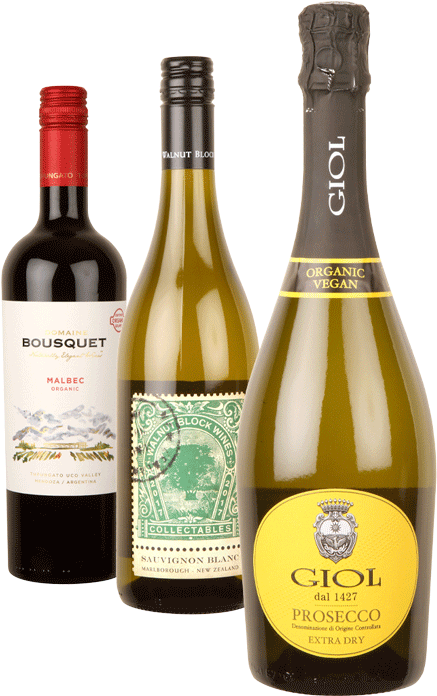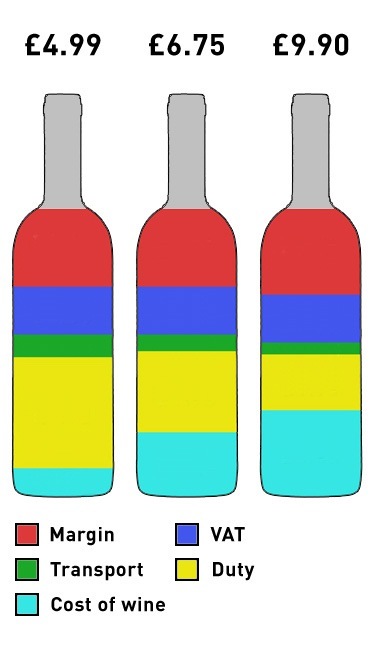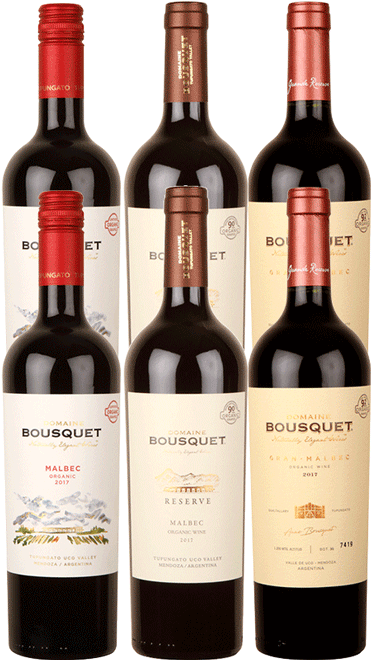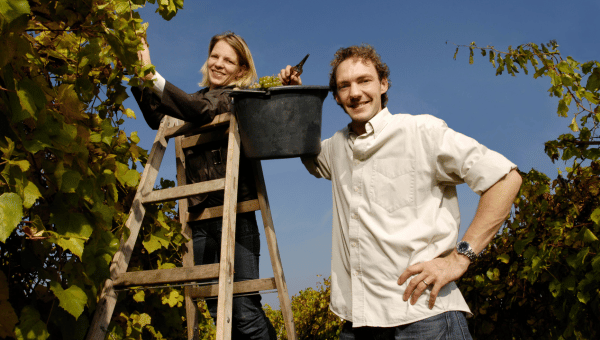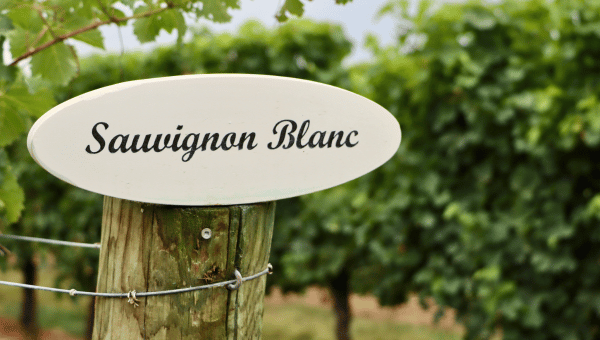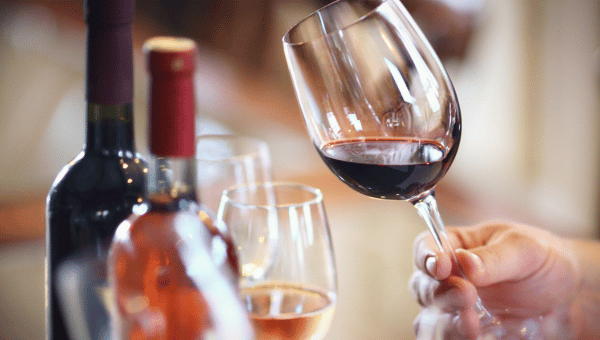Good, Better, Best!
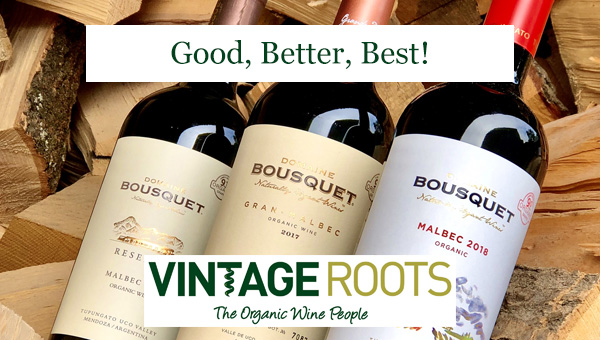
GOOD, BETTER, BEST
When talking to customers about their wine choices and preferences, there’s always one question to get in early, and that’s ‘What do you usually spend on a bottle of wine?’ It’s necessary to know the right price zone for recommendations, as it’s little use waxing lyrical about a £25 bottle if its three times as much as you are ever willing to spend. Whilst this premise is correct to a point, surely it might help to know why wines come with such varying price tags, even though they look similar from the outside.
In a parallel situation, you get to the airport and do you choose speedy boarding, and use the posh lounge, and meet and greet with your car? These are all versions of good, better, best (even before you board the plane!). Only you can decide if these choices offer you enough extra value for the spend.
With wine, it’s only by tasting that you will find out if a higher priced wine is worth it for you. In my opinion it usually is, price is a good indicator of quality, but you need to rely on your organic wine merchant for wise selection.
£ £ £ ‘s HOW MUCH?
Fairly obvious – spend more, get better quality! Especially true at the lower price points, for example spending £10 on a bottle instead of £5 (well over 50% is just tax here!) you’ll get twice as much or more value/quality from your wine. A £20 bottle will usually be twice as good as a £10 bottle. However going to £40 from £20, I think it’s much more of a ‘maybe’ that the wine will deliver twice the quality or satisfaction.
By the way if you have one of the last 10 remaining bottles of Château Yquem 1811 in your cellar, it will be worth in excess of £70,000! Other rare collectors’ bottles are known to sell for £100,000+. At these astronomical prices every sip (though they are rarely drunk) proves very costly!
Back in our world, the majority of you are buying in the £8-£15 zone where there’s a huge amount of wine excitement and quality to be had. Spend more and there’s even better quality, if within your budget.
WHAT MAKES WINE EXPENSIVE?
There are various reasons. One of the big ones is ‘yield’, how many grapes are produced per hectare, which can easily vary by a multiple of 3-4. As a rule, the fewer bunches of grape per vine, the more intense the flavour, the better the quality and higher the price. Some growers will even actively reduce their yields by cutting bunches off their vines early.
‘Area’ can affect price too, for example Chardonnay grapes grown in Burgundy will cost more than the same grapes grown in southern France. Area or region, as denoted by various European classification systems (eg, Vin de Table or AOC) describe quality levels also, albeit not perfectly.
Other factors like labour costs make a difference. Organic farming is more labour intense (as well as being lower yielding), and this affects prices, along with a small amount for organic certification. Whether the grapes are harvested by hand or machine, if the wine is aged in oak (new or old barrels), how old the wine is when sold. The list goes on, and after that it comes down to the aspirations of the producer, the brand story, spend on the label, bottle, cork, carton etc.
GOOD BETTER BEST – TRY IT FOR YOURSELF!
Original price was: £103.98.£99.00Current price is: £99.00.
Here’s the perfect example of similar sounding wines costing different amounts in a good, better, best style. These three wines are all fantastic in their own right, all three are made from Malbec grapes at Domaine Bousquet, Argentina. As said before, it’s only YOU who will know if a higher spend is worth it, and you’ll only realise what extra you are getting if you try and compare the wines. Will moreish (£11.75), marvellous (£12.99) and magnificent (£18.99) be the words you would use to describe these wines?
Domaine Bousquest Malbec
Original price was: £13.50.£12.50Current price is: £12.50.
Six months ageing in a mixture of French and American oak. Four months minimum bottle ageing.
Domaine Bousquet Reserve Malbec
£15.99
Ten months ageing in French oak and a minimum of six months bottle ageing.
Domaine Bousquet Grande Reserve Malbec
£22.50
Using most mature vines at least 10 years old. Twelve months in new French oak with a minimum of twelve months bottle ageing. Hand sorted grapes also.
Apart from illegal practices such as counterfeit labelling, or plain producer greediness, if you buy from a good wine merchant who carefully tastes and selects all of their wines, then you’ll be getting the right amount of wine for the right money, along with some great bargains too. Hello!



